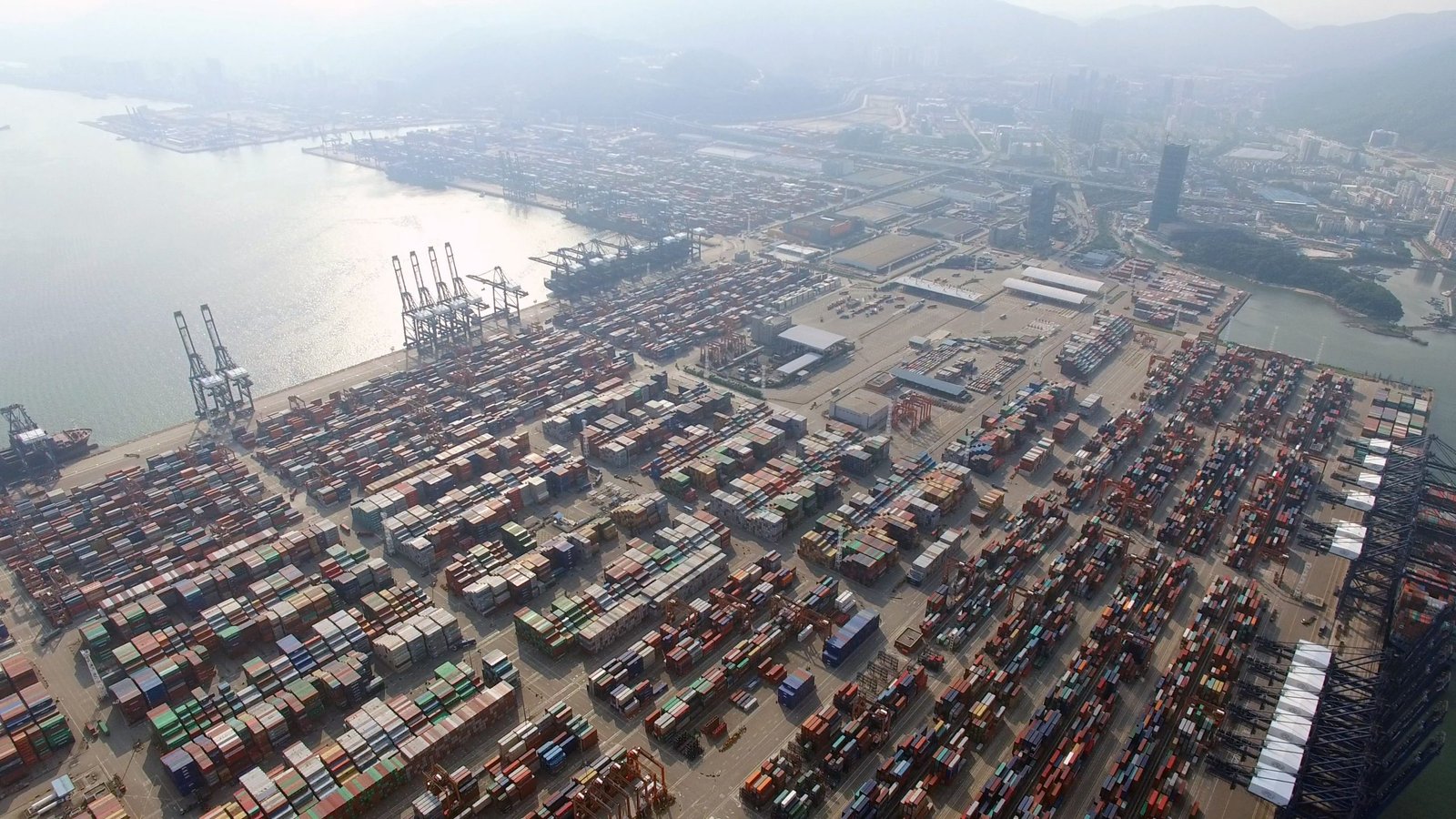The cause is attributed to the discovery of positive cases of Covid-19, Yantian International Container Terminal (YICT)’s export activities have been halted and epidemic control measures have been immediately applied, leading to the adjustment in transportation schedule.
Maersk said it was now expecting delays of 14 days, with productivity at berths in the western area of YICT, where mainline vessels call, still only at 30%.
Stefan Holmqvist, MD of Norman Global Logistics Hong Kong, said: “The pandemic-control efforts and cargo congestion are the causes of transport and logistics delay across the entire region. Substantial traffic jams lead to a shortage of trucking capacity, 10 or more hour delay of container pick-ups and overnight time for haulage, storage and lifting, all of which raise the costs.”

The congestion and delays in South China happened when container shipping supply chains had already been operating at full capacity due to congestion in the US west coast as well as container shortages and imbalances ongoing. As a result, container freight rates which were already at record high levels are expected to rise further.
According to the latest AIS data from MarineTraffic, there are currently 36 vessels with a reported destination of Yantian at anchor, including 33 cargo ships. And with no sign of the situation improving, shipping lines have massively increased the number of Yantian port omissions.
Given Yantian throughput of 13.3 million TEUs last year and the current decline in productivity that Maersk claims, Jensen, CEO of Vespucci Maritime, estimates that 25,500 TEUs of the port are incapable of being handled daily, increases the backlog of cargo, not to mention the effects in Shekou and Nansha.
Hong Dao













